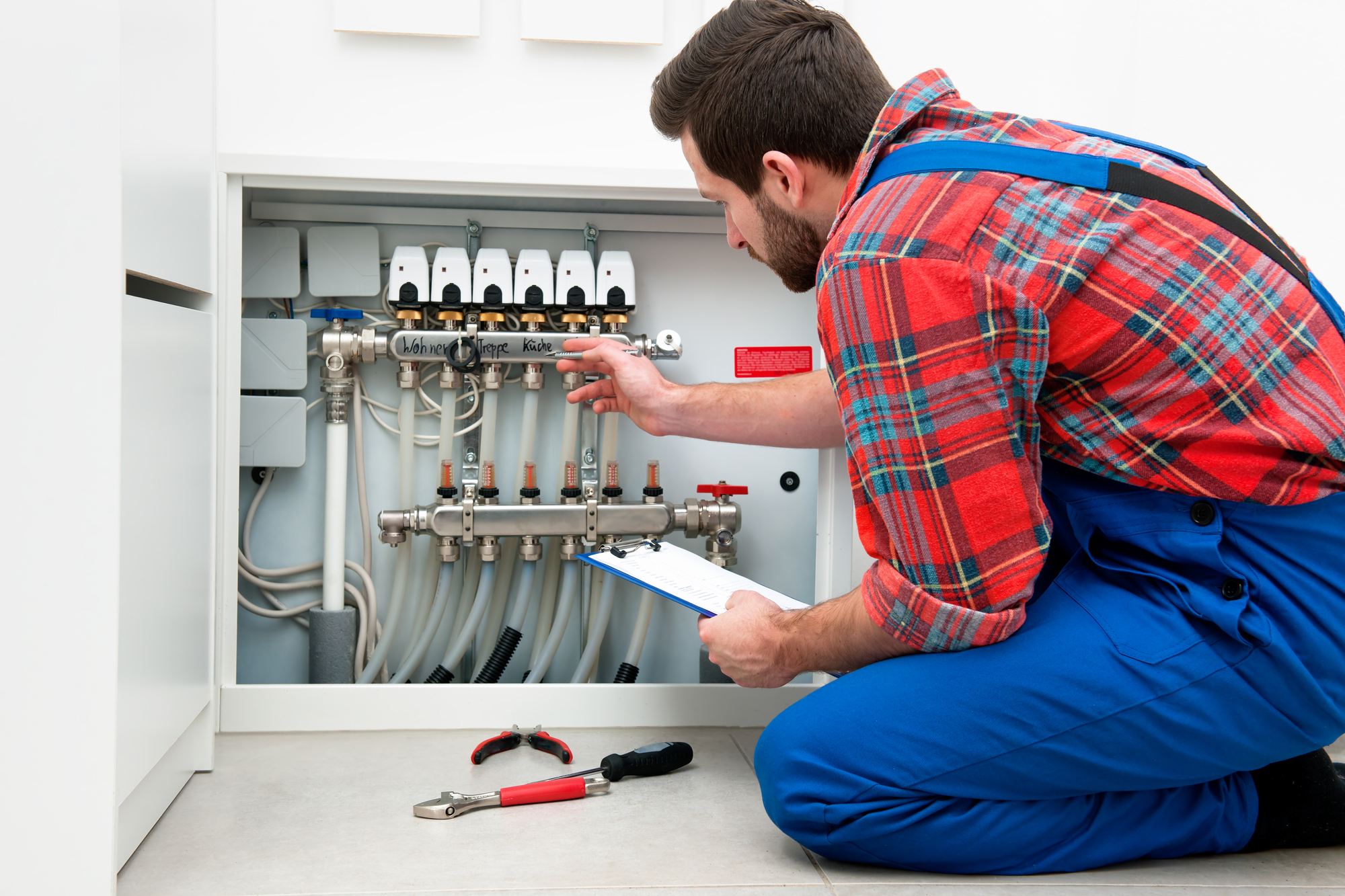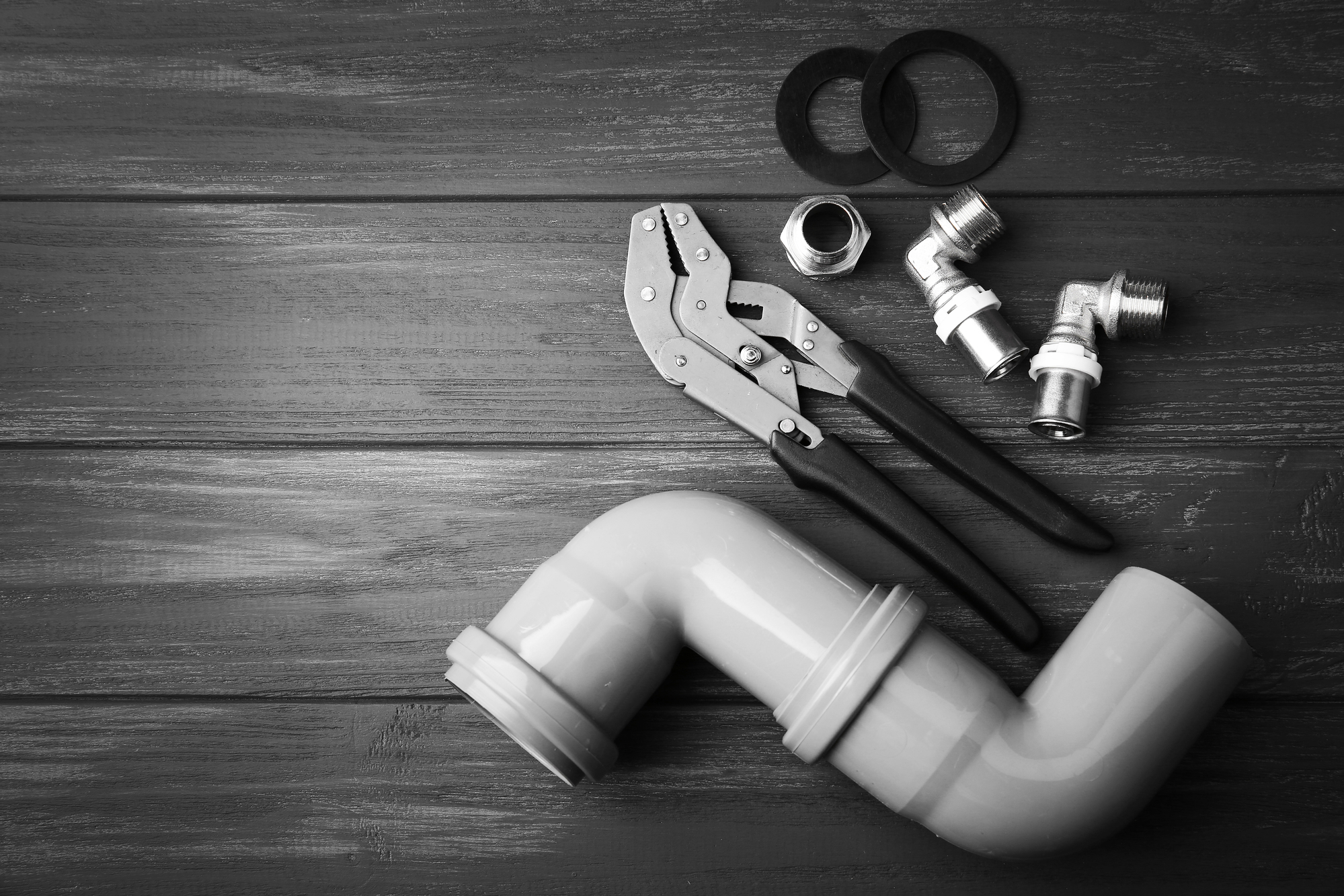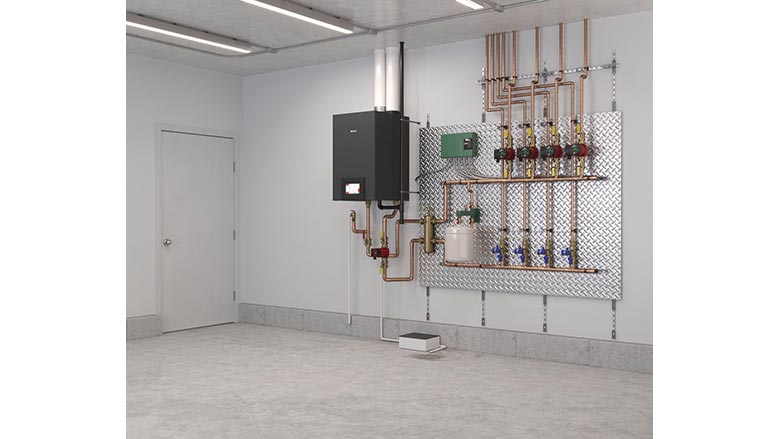A recent survey found that millions of Brits are running old boilers, which are less energy-efficient and more prone to breakdowns and safety risks. In fact, about 7 million households in the UK have boilers that are more than 10 years old, according to the Energy Saving Trust. This means that these homes are not only wasting energy and money, but also contributing to carbon emissions and poor air quality.
Boiler replacement is a smart investment that can save you money, improve your comfort, and reduce your carbon footprint. In this article, we will guide you through the process of boiler replacement, from choosing the right boiler to finding a qualified installer. We will also answer some common questions and dispel some myths about boiler replacement.
Why Replace Your Boiler?
There are many good reasons to replace your boiler, even if it still works. Here are some of the main benefits of boiler replacement:

– Lower energy bills: A new boiler can be up to 30% more energy efficient than an old model, according to the Energy Saving Trust. This means you could save hundreds of pounds a year on your energy bills, and recoup the cost of the new boiler in a few years.
– Better comfort and control: A new boiler can provide more consistent heat and hot water, and allow you to control your heating more precisely with a smart thermostat or programmable controls. This can improve your comfort and convenience, and avoid wasteful overheating or underheating.
– Higher safety and reliability: A new boiler is less likely to break down or develop faults that can pose a safety risk, such as leaking gas or carbon monoxide. A new boiler also comes with a warranty that covers parts and labor for a certain period, giving you peace of mind.
– Lower carbon footprint: A new boiler emits less carbon dioxide and other pollutants than an old model, which helps to reduce your environmental impact and contribute to the UK’s target of net-zero emissions by 2050. A new boiler can also qualify for government incentives such as the Green Homes Grant or Renewable Heat Incentive.

What to Consider When Choosing a New Boiler
There are many types and models of boilers to choose from, and it can be confusing to know which one is best for your home and budget. Here are some factors to consider when choosing a new boiler:
– Fuel type: Boilers can be powered by gas, oil, electricity, or renewable energies such as biomass or solar. The most common fuel in the UK is gas, but oil boilers are more common in rural areas. Electric boilers are less common and more expensive to run, but may be suitable for smaller properties or off-grid homes. Renewables are typically more expensive to install but may offer long-term savings and environmental benefits.
– Boiler type: Boilers can be classified as combi, system, or regular (also called conventional or heat-only). A combi boiler heats water on demand and does not require a separate hot water cylinder or cold water tank, making it a space-saving and efficient option for small homes or flats. A system boiler heats water in a cylinder and requires a separate tank for cold water, but can support multiple outlets and offer higher flow rates. A regular boiler is the most traditional type and requires a separate cylinder and tank, but can provide high water pressure and compatibility with older heating systems.
– Efficiency rating: Boilers are rated by their efficiency in converting fuel into heat, expressed as a percentage. The higher the rating, the less fuel will be wasted and the cheaper your energy bills will be. The current minimum standard for new boilers is 92% for gas and 89% for oil, but some models can achieve up to 98% efficiency. Look for the Energy Saving Trust Recommended logo to find the most efficient models.
– Size and output: Boilers are sized according to the heat demand of your home, measured in kilowatts (kW). The output should match the heat loss of your property, which depends on its size, insulation, windows, and other factors. Oversized or undersized boilers can waste energy and money and cause comfort issues. You can use an online calculator or consult a heating engineer to determine the right size for your home.
– Cost and budget: Boilers come in a range of prices, from a few hundred pounds to several thousand pounds. The cost depends on the brand, type, size, efficiency, and warranty of the boiler, as well as the installation costs. You should consider the lifetime costs and savings of a new boiler, rather than just the upfront cost, when making a decision. There are also financing options and government schemes that can help you spread the cost or reduce the cost, such as the Pay As You Save scheme or the Affordable Warmth scheme.
How to Find a Qualified Installer
Boiler replacement is not a DIY task and should be carried out by a Gas Safe registered installer or an OFTEC registered installer for oil boilers. You should also choose an installer who is experienced, qualified, insured, and accredited by a reputable scheme such as the Heating and Hot Water Industry Council (HHIC), the Association of Plumbing and Heating Contractors (APHC), or the Chartered Institute of Plumbing and Heating Engineering (CIPHE). Here are some tips on how to find a qualified installer:
– Ask for recommendations from friends, family, or neighbors who have had a new boiler installed recently.
– Check online reviews and ratings of local installers on websites such as Which? Trusted Traders, Checkatrade, or Trustpilot.
– Request quotes from at least three installers and compare them based on the price, scope, and quality of the work, as well as the warranty and aftercare service.
– Ask for proof of accreditation and registration, such as a Gas Safe or OFTEC ID card, and verify their status on the official website.
– Check the installer’s insurance and guarantees, such as public liability insurance and workmanship guarantee, and ask for details on the terms and coverage.
– Ask questions about the installation process, such as the estimated duration, the materials and equipment used, the location of the boiler, the safety measures taken, and the testing and commissioning procedures.
– Get a written agreement that outlines the scope, price, warranty, and payment terms of the work, as well as any additional services or costs that may arise.
Conclusion
Boiler replacement is a wise investment that can benefit your pocket, your health, and the planet. By choosing a new boiler that is energy efficient, safe, reliable, and suitable for your needs, you can enjoy lower bills, higher comfort, and peace of mind. By finding a qualified installer who can install your new boiler to the highest standards, you can ensure that your investment is protected and your safety is assured. If you need any advice or assistance on boiler replacement, contact Ace Plumbing Repair at (844) 711-1590 or visit our website at aceplumbingrepair.com. We are here to help you keep your home warm, cozy, and safe all year round.






